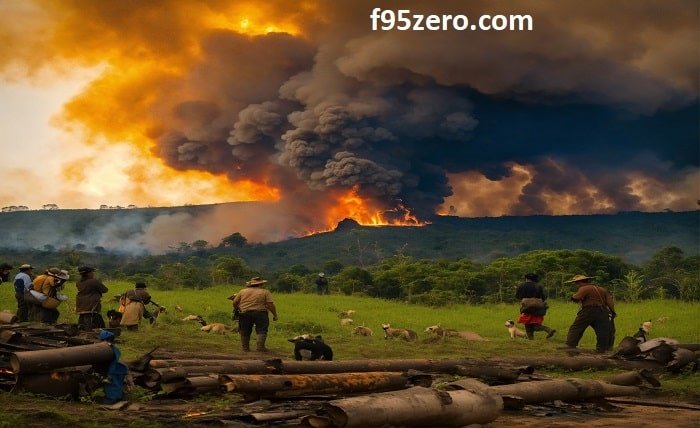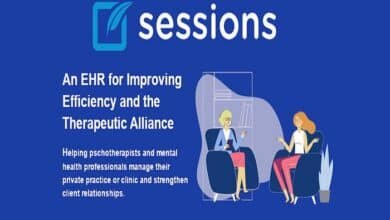BlueFire Wilderness Lawsuit: Unpacking the Controversy

BlueFire Wilderness, an Idaho-based program for teens struggling with emotional and behavioral challenges, has found itself embroiled in controversy. Allegations of mistreatment have sparked discussions about accountability and safety standards within the wilderness therapy industry. Let’s delve deeper into the details surrounding the BlueFire Wilderness lawsuit:
1. What is the Lawsuit About?
Specific details of the lawsuit are currently unavailable as such information isn’t always publicly accessible. However, based on online resources, the lawsuit likely centers on allegations of mistreatment against BlueFire Wilderness. This could encompass a range of issues, such as:
- Use of physical or emotional abuse
- Inadequate supervision or unqualified staff
- Failure to provide proper medical care
- Restrictive living conditions
2. Is There Evidence of Wrongdoing?
Currently, there’s no confirmation of the lawsuit’s validity or the extent of the alleged mistreatment. BlueFire Wilderness maintains a clean record on government licensing websites. However, some online review platforms contain negative experiences from past participants or their families.
It’s important to note that online reviews can be subjective and don’t necessarily reflect the program’s overall quality.
3. The Importance of Transparency
The BlueFire Wilderness lawsuit highlights the need for transparency within the wilderness therapy industry. Clear guidelines, consistent oversight, and open communication between programs, parents, and mental health professionals are crucial.
4. Considering Alternative Programs
If you’re considering wilderness therapy for your child, thorough research is essential. Look for programs with a proven track record, positive reviews from reputable sources, and clear outlines of their therapeutic approach. Don’t hesitate to ask questions and schedule consultations to ensure the program aligns with your child’s needs and your expectations.
5. The Need for Effective Regulation
The BlueFire Wilderness lawsuit underscores the need for effective regulation within the wilderness therapy industry. Standardized practices, robust accreditation processes, and clear channels for reporting abuse are vital to ensure the safety and well-being of program participants.
6. Seeking Help for Your Teen
If your teen is struggling with emotional or behavioral challenges, wilderness therapy might be a viable option. However, it’s crucial to approach it with caution and choose a program with a strong reputation. Consider exploring other therapeutic approaches as well, such as individual therapy, family therapy, or residential treatment centers. Discussing all options with a qualified mental health professional can help you determine the most suitable course of action for your child.
Conclusion
The BlueFire Wilderness lawsuit has sparked important conversations about the wilderness therapy industry. While the specifics of the case remain unclear, it highlights the need for transparency, ethical practices, and strong regulations within these programs. If you’re considering wilderness therapy for your teen, prioritize thorough research and choose a program with a proven track record that prioritizes safety and well-being.
FAQ
Q: Is the BlueFire Wilderness lawsuit settled?
A: There is limited publicly available information about the lawsuit. Its current status (ongoing, settled, dismissed) is unclear.
Q: Are all wilderness therapy programs abusive?
A: No. Wilderness therapy can be a valuable tool for teens struggling with emotional or behavioral challenges. However, responsible research and choosing a reputable program are crucial.
Q: What questions should I ask a wilderness therapy program?
A: Here are some key questions to consider:
- What are your staff qualifications and experience?
- How do you handle behavioral issues?
- What is the medical care available on-site?
- What is your communication policy with parents/guardians?
- Can I see a sample schedule or typical day for participants?
Q: Are there alternatives to wilderness therapy?
A: Yes. Depending on your teen’s needs, other therapeutic approaches might be suitable, such as individual therapy, family therapy, or residential treatment centers. Consulting with a mental health professional can help determine the best course of action.
Q: How can I find a reputable wilderness therapy program?
A reputable program should be accredited by a recognized organization and have positive reviews from trusted sources. Consider resources from the American Camp Association (ACA) or the Outdoor Behavioral Healthcare Industry Council (OBHIC).




